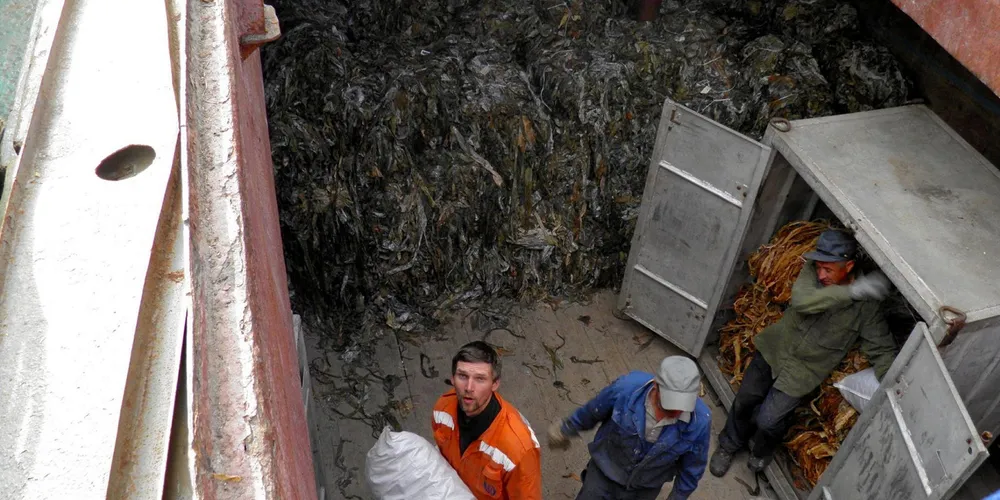Russia's largest salmon producer acquires algae production company in drive to diversify
Atlantic salmon and trout producers are facing a decline in domestic demand for their products, prompting companies to search for new revenue streams.

Atlantic salmon and trout producers are facing a decline in domestic demand for their products, prompting companies to search for new revenue streams.
